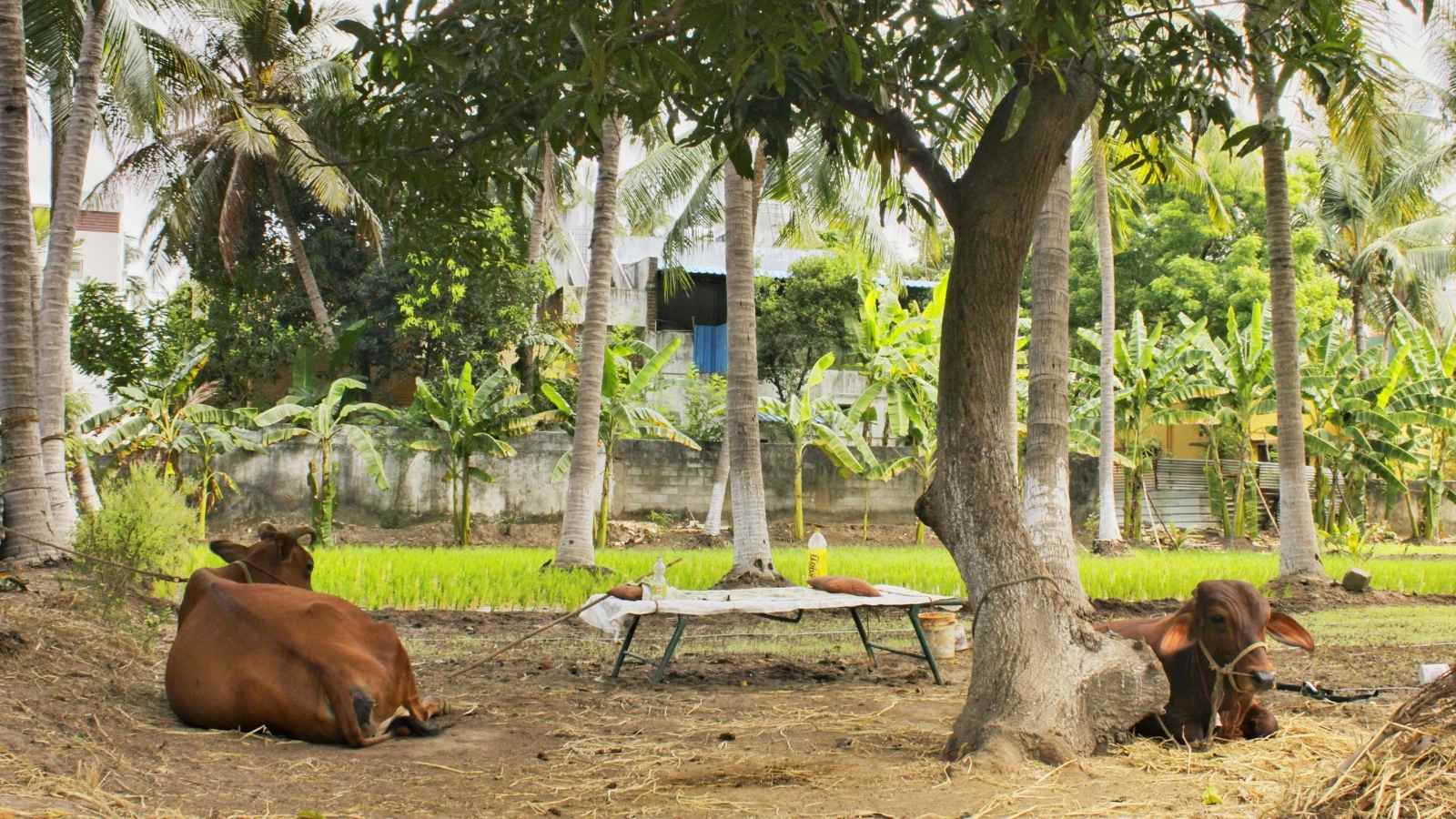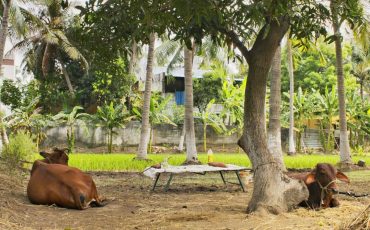With the advent of science and technology in our day to day lives, all sectors including the agricultural ones have also attached themselves to the scientific norms. Likewise, with the usage of large number of harvesters are used to reduce the workload. The rising population has created a massive pressure on the food sector. To curb or limit the at present food crisis, the farmers have introduced organic farming. This method of farming is increasingly popular owing to its simplicity.
It can be used to produce a large number of crops and these crops are essentially more nutritious. The crops are grown on natural fertilizers. This method does not use any chemical agencies like the harmful insecticides and pesticides, to increase the level of productivity. Organic farming in a way entails the growth of vegetables and the raising of livestock without the usage or the introduction of any chemically produced herbicides or pesticides. This method tends to keep a balance between the ecology and the human world in it. Here in, we have collected a list of the finest benefits of organic farming.

Most important details of organic farming and its various benefits
The energy use is reduced
The organic farming does not use much energy in the production of food and livestock. In the traditional farming, the farmers tend to use a large variety of fertilizers mainly the nitrogenous based. However, in the organic farming, the heavy use of any kind of chemical fertilizers is not used. Crops like Corn, at times tend to require the constant fuelling of potash and nitrogen fertilizers for steady growth. Owing to the usage of organic fertilizers like the composted manure or the chicken excreta manure, this farming does not use the readymade energy too much. This helps in further restoring the clean environment around by lessening the effects of pollution.
No external cost is incurred
The organic farming is an extremely economic procedure of agriculture. Since, this farming uses only organic or natural types of manure, so the extra cost in buying chemical pesticides and insecticides is not there. With the lessening of chemical fertilizers, the population of bee has also been maintained. However, with the usage of chemical fertilizers, over the years bees have been killed due to this.
So, in a way, because bees are very important in the growth of ecological balancing hence, organic farming takes great care to restore the same. The organic fertilizers which are used unlike the neotoxins neither do not stay in the environment for 1000 days nor do they harm the environment detrimentally.
The organic farming produces healthy and wealthy products
With the usage of natural substances, organic farming always produces healthy food. The food is very rich in vitamins and antioxidants. They also do not have any sort of ill side effects. All the more, with the nutritious food, this method of farming also produces high profits for the farmers. Since, the quality of the food increases, hence the market price also increases in turn. Thereby, providing a benefit of high profits for the farmers.
With the healthier methods of raising crops, this farming techniques pays heed to keep a steady soil as well. The soil though is cultured and is used constantly, they do not get eroded nor do they get polluted.
Organic farming does not contribute to pollution
Since, organic farming throughout its rigorous process of growing the crops, does not use chemical items hence, it keeps the soil safe. All the more, when leaching occurs due to the sliding terrain during the rainy seasons, the organic manure used simply dissolves in the rain water thereby not causing soil pollution.
All the more, the organic farming does not incorporate any chemical sprays containing insecticides and pesticides, so basically does not account for air pollution as well. This area and technique of farming is very helpful for the ecology. Without bringing any detrimental effect on the environment, this farming over the years has produced a large range of products. All in all, this farming is very nature friendly.
Conclusion
From the very onset of the 20th century, the idea of organic farming has been introduced into the agricultural sector. It is needless to mention that from that point, this method of farming has never run out of business. The organic farming at times becomes a bit tedious as well. They might lead to the production of lesser quantity of crops hence, causing a potential loss in the farming.
Moreover, the pesticides though organic does tend to produce some side effects to the soil rendering it less fertile and gritty. Hopefully, with the many more years to come, this farming will continue producing a large number of crops without using GMOs, chemical herbicides and pesticides.

